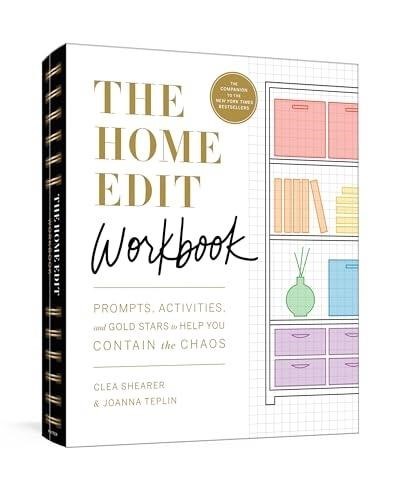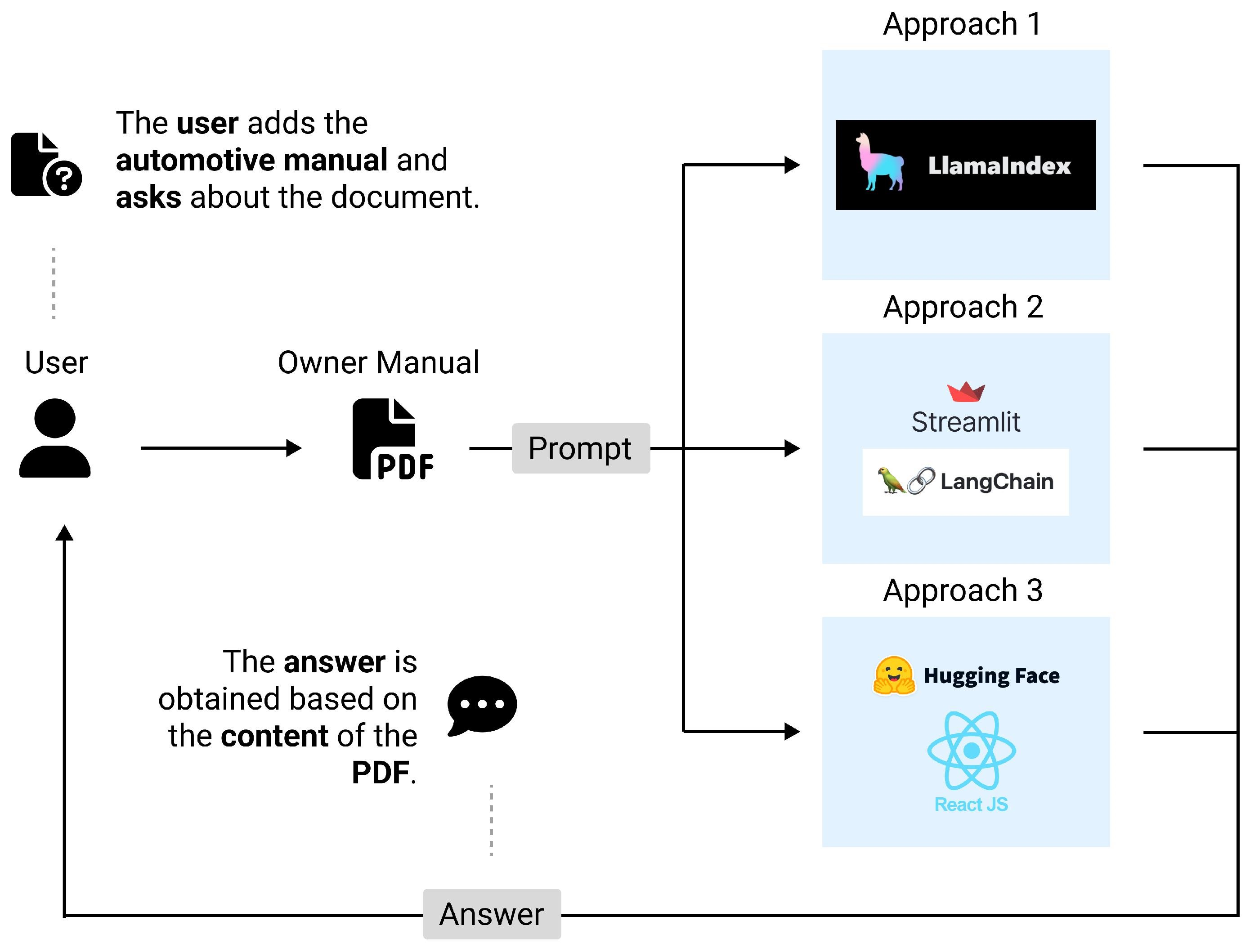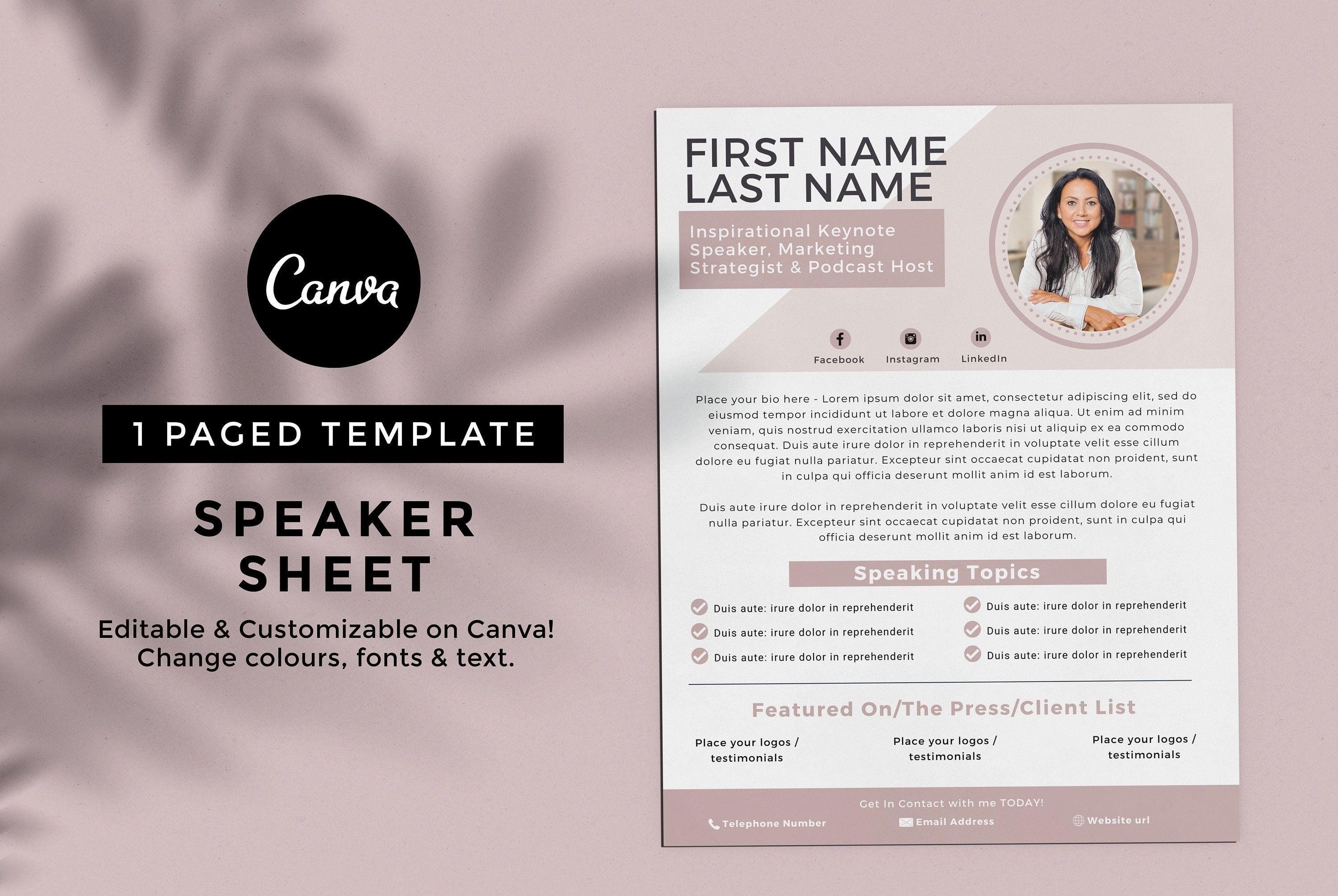
A Manual for Professional Organizers PDF⁚ A Comprehensive Guide
This comprehensive guide provides a wealth of information for aspiring and established professional organizers․ Discover essential skills, effective marketing strategies, and sound financial management techniques․ Learn to leverage technology and advanced organizing methods to build a thriving business․ Explore resources and tools to enhance your professional practice․ Many helpful manuals are available in PDF format for easy access and study․
Professional organizing is a dynamic field offering diverse opportunities for individuals passionate about order and efficiency․ As a professional organizer, you’ll help clients conquer clutter, streamline systems, and reclaim control of their spaces․ This involves more than just tidying; it’s about implementing personalized organizational strategies that enhance daily life․ You’ll assess clients’ needs, design practical solutions, and provide guidance for long-term maintenance․ The work can range from decluttering homes and offices to managing digital files and improving time management․ A professional organizer’s role is to empower clients to live more organized, productive, and fulfilling lives․ The demand for professional organizing services continues to grow, driven by increasingly busy lifestyles and a desire for efficient and functional living spaces․ Many resources are available to help you acquire the necessary skills and knowledge to succeed in this rewarding career, including comprehensive manuals and online courses․ Successfully navigating this profession requires strong communication skills, empathy, and a deep understanding of various organizational methodologies․
Essential Skills for Professional Organizers
Success as a professional organizer hinges on a blend of practical and interpersonal skills․ Strong communication is paramount; you’ll need to actively listen to clients’ needs, explain your methods clearly, and build rapport to foster trust․ Time management is crucial for efficient scheduling and project completion․ You must be adept at prioritizing tasks and meeting deadlines․ Problem-solving skills are essential for creatively addressing diverse organizational challenges․ A keen eye for detail is vital for identifying areas needing improvement and implementing meticulous solutions․ Adaptability is key, as you’ll encounter various personalities and organizational styles․ Basic business acumen, including invoicing and client communication, is also necessary․ Furthermore, knowledge of various organizational methods, space planning principles, and decluttering techniques is vital․ Proficiency with digital tools for project management and client communication is increasingly important․ Finally, the ability to stay organized personally, modeling the behavior you promote, significantly enhances credibility and effectiveness․ Mastering these skills will equip you to provide exceptional service and build a thriving business․
Starting Your Professional Organizing Business
Launching a successful professional organizing business requires careful planning and execution․ Begin by defining your niche and target market․ Will you specialize in residential, commercial, or a specific area like paper organization or digital decluttering? Next, develop a comprehensive business plan outlining your services, pricing structure, marketing strategy, and financial projections․ This plan will serve as your roadmap for success․ Secure necessary licenses and permits, and consider forming a legal business entity like an LLC or sole proprietorship․ Establish your online presence through a professional website and social media profiles․ Network with potential clients and referral partners, attending industry events and joining professional organizations․ Invest in essential tools and software, such as project management apps and invoicing platforms․ Initially, you may want to offer a limited range of services to focus your efforts and build your reputation․ Continuously refine your marketing strategies based on performance data․ Remember, building a sustainable business takes time and dedication; consistent effort is key to achieving your goals․ Seek mentorship from experienced professionals to accelerate your learning and growth․
Marketing and Client Acquisition Strategies
Effective marketing is crucial for attracting clients and building a successful professional organizing business․ Develop a strong brand identity that reflects your unique approach and target audience․ Utilize a multi-channel marketing strategy encompassing online and offline tactics․ Create a professional website showcasing your services, testimonials, and contact information․ Optimize your website for search engines (SEO) to improve visibility in online searches․ Leverage social media platforms like Instagram, Facebook, and Pinterest to share valuable content, engage with potential clients, and build brand awareness․ Consider running targeted advertising campaigns on social media and search engines․ Network actively within your community by attending local events, joining relevant organizations, and collaborating with complementary businesses․ Offer free introductory consultations or workshops to showcase your expertise and build rapport with potential clients․ Collect client testimonials and case studies to demonstrate your success and build trust․ Explore public relations opportunities such as writing articles for local publications or offering expert commentary on organization-related topics․ Participate in online forums and communities to connect with potential clients and establish yourself as a thought leader․ Monitor your marketing efforts closely, tracking key metrics to measure effectiveness and make data-driven adjustments․ Consistent and strategic marketing is essential for sustained growth․
Pricing and Financial Management for Organizers
Establishing a sound pricing strategy is vital for profitability and sustainability in your professional organizing business․ Research your local market to understand the prevailing rates for similar services․ Consider your experience, expertise, and the complexity of the tasks involved when determining your pricing structure․ You can offer hourly rates, project-based fees, or a combination of both․ Clearly outline your pricing terms and conditions to avoid misunderstandings with clients․ Develop a comprehensive financial management system to track income, expenses, and profits․ Use accounting software or hire a bookkeeper to maintain accurate financial records․ Set up a separate business bank account to keep your personal and business finances separate․ Create a budget that outlines your anticipated income and expenses․ Regularly review your financial statements to identify areas for improvement and adjust your pricing or spending as needed․ Explore different payment options to accommodate client preferences, such as online payments, credit card processing, and checks․ Understand tax obligations for your business and set aside funds for tax payments․ Invest in professional development opportunities to enhance your skills and increase your earning potential․ Regularly evaluate your pricing strategy and make adjustments based on market demand and your business goals․ Maintain accurate records of all financial transactions to ensure compliance with tax regulations․
Tools and Resources for Professional Organizers
Professional organizers rely on a variety of tools and resources to effectively manage projects and deliver exceptional results․ Essential tools include high-quality storage containers, labels, and organizing bins in various sizes to accommodate different client needs․ A well-stocked toolbox might also contain measuring tapes, scissors, multi-tools, and cleaning supplies․ Software applications for project management, scheduling, and client communication are invaluable․ Consider utilizing cloud-based platforms for seamless collaboration and data access․ Professional organizers often benefit from access to industry-specific resources, such as online forums, professional organizations, and educational materials․ Networking with other organizers provides opportunities for collaboration, mentorship, and sharing best practices․ Staying updated on industry trends, new technologies, and organizing techniques is crucial for professional growth․ Subscription services offering access to templates, checklists, and marketing materials can streamline business operations․ A comprehensive resource library consisting of books, articles, and online courses helps maintain expertise and improve service delivery․ Investing in high-quality photographic equipment allows for before-and-after documentation of projects to showcase your work and attract new clients․ Remember to regularly evaluate and update your tool kit and resource library to ensure you have the most effective and efficient tools at your disposal․

Utilizing Technology in Professional Organizing
Leverage technology for efficiency and client communication․ PDF software helps create organized documents․ Digital tools streamline project management and client interaction․ Many professional organizer books are available as PDFs for easy access and study․
Using PDF Software for Organization
In the realm of professional organizing, the strategic use of PDF software is paramount․ PDFs offer a versatile and efficient method for organizing and sharing documents, crucial for maintaining client records, project plans, and other essential business information․ The ability to create, edit, and annotate PDFs allows for detailed record-keeping, ensuring clarity and accuracy throughout the organizing process․ Consider using features like bookmarks and hyperlinks to navigate complex documents easily․ This is particularly useful for creating comprehensive client profiles that include before-and-after photos, detailed inventories, and personalized recommendations․ Furthermore, the ability to merge multiple files into a single PDF simplifies the process of compiling comprehensive reports and presentations․
Beyond client management, PDF software can streamline internal operations․ Create standardized forms for client intake, service agreements, and invoices․ This ensures consistency and professionalism in all client interactions․ Use PDFs to store and share essential business documents like marketing materials, training manuals, and internal communication․ The portability of PDFs allows for easy access to information regardless of location or device․ This is particularly beneficial for organizers who work remotely or on-site at client locations․ By mastering the functionality of PDF software, professional organizers can significantly enhance their efficiency, improve their client relationships, and present a polished and professional image․
Digital Tools for Client Communication and Project Management
Effective communication and project management are cornerstones of a successful professional organizing business․ Leveraging digital tools significantly enhances these aspects․ Project management software, such as Asana or Trello, provides a centralized platform for tracking tasks, deadlines, and progress on each client project․ These tools allow for seamless collaboration with clients, enabling them to view progress updates, provide feedback, and schedule appointments․ This transparency fosters trust and ensures client satisfaction․ Consider using a shared online document for detailed project plans, including timelines, budgets, and detailed to-do lists․ This ensures that both the organizer and the client are on the same page throughout the process․
For communication, utilize email, instant messaging platforms, and video conferencing tools to maintain regular contact with clients․ These tools allow for quick responses to queries, efficient scheduling, and the ability to address any concerns promptly․ Consider using a client relationship management (CRM) system to manage client information, communication history, and project details․ This helps maintain a professional and organized approach to client interactions, preventing miscommunication and ensuring that all relevant information is readily accessible․ The ability to schedule appointments and send reminders through digital tools minimizes scheduling conflicts and ensures timely project completion․ By effectively integrating these digital tools, professional organizers can streamline their workflow, enhance client communication, and create a more efficient and effective business․

Advanced Techniques in Professional Organizing
This section delves into sophisticated strategies for professional organizers․ Master space planning and design, refine decluttering methods, and understand ethical considerations crucial for success in this field․ These advanced techniques will elevate your organizational expertise․
Space Planning and Design
Space planning and design are crucial skills for professional organizers․ Effective space planning maximizes functionality and aesthetics, transforming cluttered areas into efficient and visually appealing environments․ This involves careful consideration of the client’s needs, lifestyle, and existing possessions․ Before beginning any reorganization, a thorough assessment of the space is essential, noting dimensions, natural light sources, and existing furniture․ This assessment informs the creation of a detailed floor plan, illustrating the optimal placement of furniture and storage solutions․ Different design principles might be employed depending on the space type, such as maximizing vertical space in closets or optimizing workflow in kitchens and home offices․ The goal is to create a flow that facilitates ease of use and promotes a sense of calm and order․ The process often involves suggesting or sourcing specific storage solutions, such as shelving units, drawers, and containers, tailored to the client’s belongings and the space’s layout․ Furthermore, understanding principles of visual merchandising can help create an aesthetically pleasing outcome, ensuring the organized space looks inviting and functional․ Consideration of color palettes, textures, and lighting can significantly enhance the overall experience and impact․
Decluttering and Purging Strategies
Effective decluttering and purging are fundamental to professional organizing․ A structured approach is key, often starting with a thorough assessment of the client’s belongings․ Categorization is crucial; grouping similar items allows for efficient decision-making․ Different methods exist, such as the “one-in, one-out” rule, which helps maintain balance․ The “four-box” method (keep, donate, trash, relocate) provides a clear framework for sorting․ Visual cues like color-coded labels can aid in the process․ Working with clients to establish clear criteria for discarding items is vital․ Questions like “Does this item serve a purpose?”, “Do I use this regularly?”, and “Does this bring me joy?” help clients make informed decisions․ Emphasizing sentimental value doesn’t mean keeping everything; finding alternative ways to preserve memories, such as taking photos or creating scrapbooks, can free up space․ Respecting the client’s emotional attachment to possessions is key, offering gentle guidance and support․ The process shouldn’t be rushed; allowing ample time fosters a positive and productive experience․ Regular decluttering sessions, rather than infrequent large-scale purges, are often more manageable and sustainable․ Ultimately, successful decluttering isn’t just about removing items; it’s about creating a more functional and peaceful living environment․
Ethical Considerations for Professional Organizers
Maintaining the highest ethical standards is paramount for professional organizers․ Confidentiality is crucial; client information, including personal details and the contents of their homes, must be treated with utmost discretion․ Transparency in pricing and services is essential; clients should have a clear understanding of fees, payment schedules, and the scope of work before commencing any project; Objectivity is key; organizers should avoid imposing their personal preferences on clients and instead focus on understanding and meeting the client’s specific needs and goals․ Respecting client autonomy is vital; decisions about what to keep, donate, or discard should rest solely with the client․ Professional organizers should uphold integrity in their business practices, avoiding conflicts of interest and maintaining professional boundaries․ Honesty about limitations is important; organizers should be upfront if a project is beyond their capabilities or expertise․ Responsible disposal of discarded items is crucial; organizers should facilitate environmentally friendly disposal practices, such as donating or recycling, whenever possible․ Continuous professional development is vital; staying updated on best practices and ethical guidelines ensures the highest quality of service․ Adhering to a strict code of ethics builds trust and fosters positive relationships with clients, enhancing both professional reputation and client satisfaction․ Ultimately, ethical conduct forms the cornerstone of a successful and trustworthy organizing business․